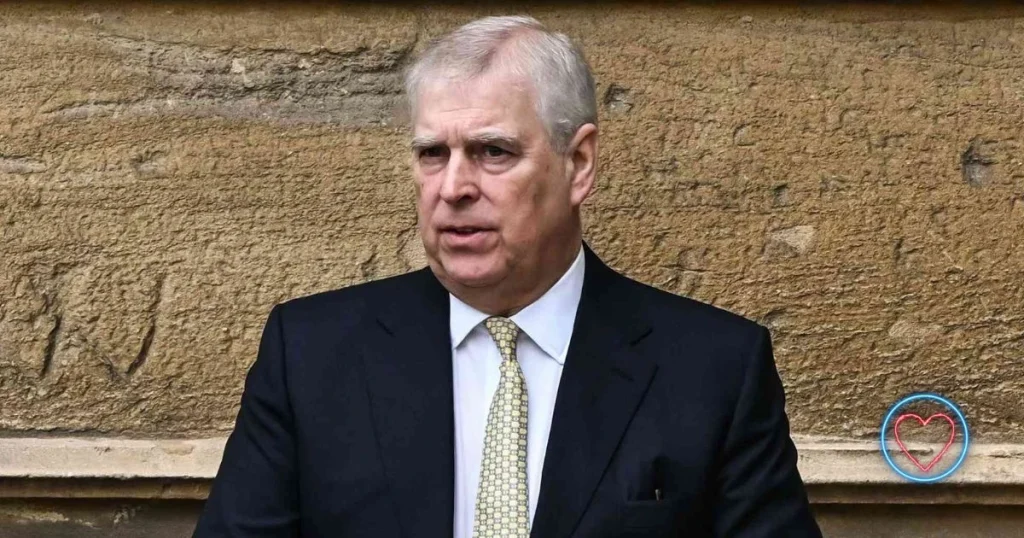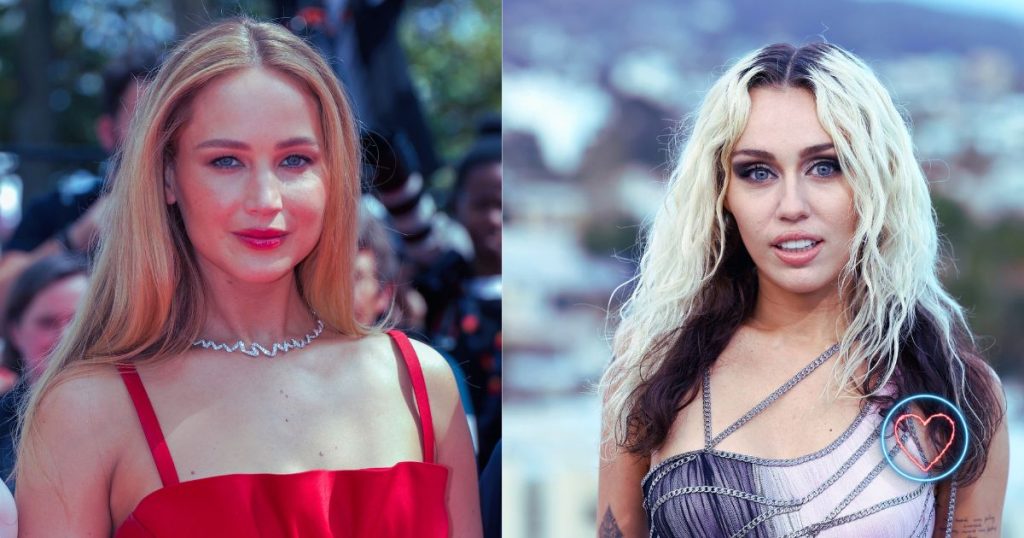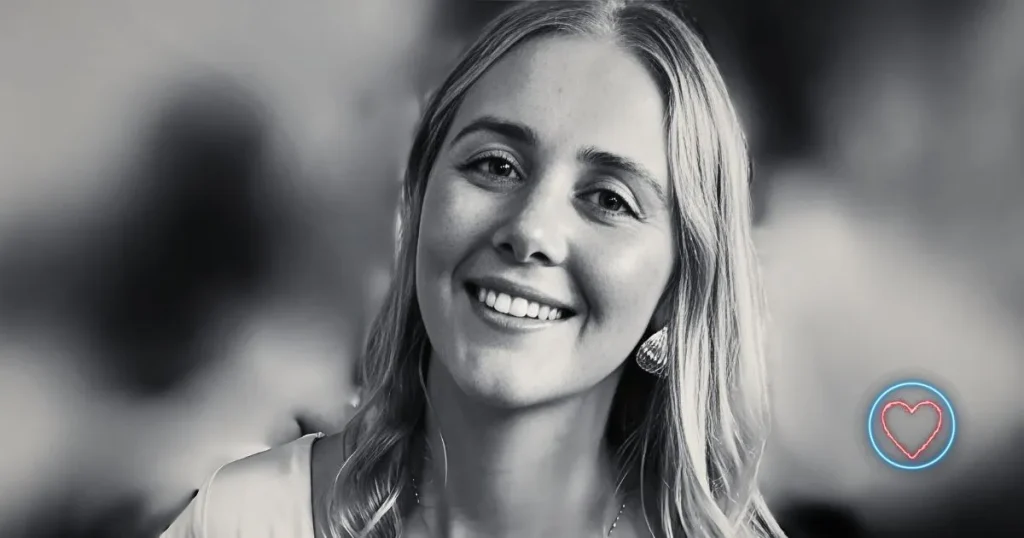Early Life and Naval Career
Prince Andrew, Duke of York, was born on February 19, 1960, as the second son of Queen Elizabeth II and Prince Philip, Duke of Edinburgh. He is the younger brother of King Charles III. Raised in the public eye, Andrew received his early education at Gordonstoun School in Scotland, known for its rigorous academic and physical training programs. He later spent time studying in Canada, which reflected the royal family’s connection to the Commonwealth.
Following his education, Prince Andrew pursued a military career, joining the Royal Navy in 1979. He trained as a helicopter pilot and quickly distinguished himself in service. During the 1982 Falklands War between the United Kingdom and Argentina, he flew multiple missions aboard a Sea King helicopter, including search and rescue operations. His role was praised at the time, and he remained in active service until 2001, eventually reaching the rank of Commander.
Royal Duties and Public Engagements
After retiring from the Navy, Prince Andrew assumed a broader role within the royal family. He represented the Crown at official events both in the United Kingdom and abroad, attending state functions, supporting charities, and participating in ceremonial duties.
In 2001, he was appointed the United Kingdom’s Special Representative for International Trade and Investment, a role in which he promoted British business interests around the globe. His work took him to various international destinations and placed him in contact with global business and political leaders. However, his tenure in the role was marked by persistent criticism over his associations with several controversial figures and questions about his judgment in professional settings. In 2011, he stepped down from the position amid growing public and media pressure.
Ties to Jeffrey Epstein
Prince Andrew’s close friendship with American financier Jeffrey Epstein eventually led to one of the most significant scandals to hit the British royal family in decades. Epstein, who was convicted of sex crimes in 2008, was later charged with operating a sex trafficking ring involving underage girls. He died in jail in 2019 under suspicious circumstances that sparked international conspiracy theories and ongoing investigations.
One of Epstein’s accusers, Virginia Giuffre (formerly Roberts), claimed that Prince Andrew had sexually abused her on multiple occasions when she was 17. A now-infamous photo emerged showing Andrew with his arm around Giuffre, with Epstein associate Ghislaine Maxwell in the background. The image fueled speculation and dominated headlines around the world.
In November 2019, Prince Andrew appeared in a highly anticipated interview with the BBC’s Newsnight in an attempt to clear his name. Instead of rebuilding his reputation, the interview drew widespread criticism. He denied having met Giuffre, claimed he was at a PizzaExpress restaurant in Woking on the night of one alleged incident, and argued that a medical condition made it impossible for him to sweat—countering Giuffre’s description of their encounter. The public and media largely viewed the interview as evasive and unconvincing, prompting immediate fallout.
Legal Proceedings and Settlement
In August 2021, Virginia Giuffre filed a civil lawsuit against Prince Andrew in a New York court, accusing him of sexual assault. Andrew’s legal team sought to have the case dismissed, citing a prior settlement between Giuffre and Epstein. However, in January 2022, a judge ruled that the case could proceed.
In February 2022, the Prince reached an out-of-court settlement with Giuffre. Although the terms were confidential, it was widely reported that the settlement amount was approximately £12 million. The agreement did not include an admission of guilt. However, in a statement issued through his legal representatives, Andrew acknowledged Giuffre’s suffering and expressed regret over his association with Epstein.
The settlement ended the legal proceedings but not the scrutiny. Critics argued that settling out of court only deepened public suspicion and harmed the credibility of the royal family.
Impact on His Role and Royal Status
The Epstein scandal had a profound impact on Prince Andrew’s public and royal life. In the days following the Newsnight interview, he announced that he would step back from all public duties “for the foreseeable future.”
By January 2022, Buckingham Palace confirmed that Prince Andrew had returned all military affiliations and royal patronages to the Queen. He was also stripped of the right to use the title “His Royal Highness” in any official capacity. These actions symbolized a major fall from grace for a royal who had once held prominent ceremonial and charitable roles.
Public sentiment was overwhelmingly negative. Polls in the UK showed that a large majority of citizens believed he should never return to public life. Several organizations and charities that had once counted on his support quickly distanced themselves, and he was notably absent from many major royal events, including Queen Elizabeth II’s Platinum Jubilee celebrations and state funerals.
The Death of Virginia Giuffre
In April 2025, Virginia Giuffre was found dead in her home in Queensland, Australia. Initial police reports suggested her death was a suicide. However, her father, Sky Roberts, expressed serious doubts, publicly claiming that “somebody got to her” and calling for a deeper investigation. His comments stirred a new wave of media attention and public speculation.
Giuffre’s death reignited conversations about Jeffrey Epstein’s criminal network and the lingering shadow it casts over those associated with him, including Prince Andrew. Several human rights organizations renewed their calls for transparency and accountability, urging governments and institutions not to let high-profile figures escape scrutiny.
Despite his legal settlement, many activists and members of the public believe that Prince Andrew should be more forthcoming about his relationship with Epstein and Maxwell. Some have even suggested that investigations into the broader trafficking network remain incomplete without further input from the Duke of York.
Public Image and Legacy
Today, Prince Andrew lives largely out of the public eye. He maintains his residence at Royal Lodge in Windsor, and although still technically a member of the royal family, he no longer undertakes any official duties.
His reputation remains deeply damaged. Once hailed as a war hero and active royal, Andrew is now widely associated with scandal and disgrace. While some defenders argue he has been unfairly vilified without criminal charges, others believe his actions—and associations—have permanently disqualified him from public service.
The scandal has also had broader implications for the British monarchy. It has forced discussions about the responsibilities of royal figures, the limits of privilege, and the need for greater accountability. In an age where public figures are expected to uphold high ethical standards, even the royal family has not been immune from scrutiny.
Conclusion
Prince Andrew’s journey—from respected naval officer and royal representative to a figure mired in international scandal—illustrates the profound consequences of personal choices and public accountability. His case remains a stark reminder that in today’s world, status alone cannot shield individuals from responsibility.
Though he has retreated from the spotlight, Prince Andrew’s story continues to reverberate across global headlines. As investigations into Jeffrey Epstein’s network evolve and new information comes to light, the Duke of York may continue to face questions about his past. For now, he remains a symbol of the monarchy’s vulnerability in an increasingly transparent and unforgiving public arena.











